How will our tech habits be reshaped by coronavirus?
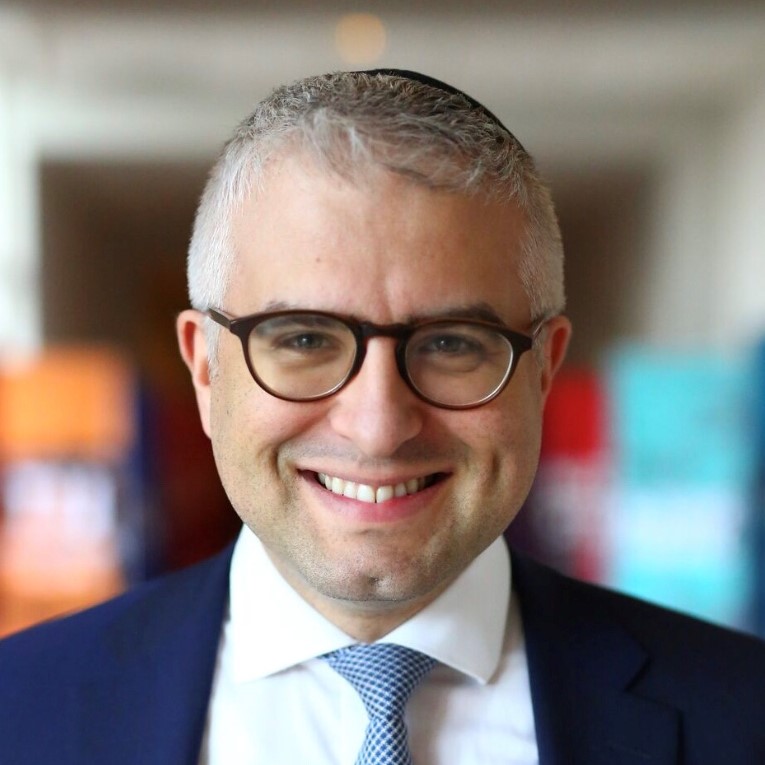
All of the virtual concerts, meetups, calls to family are so wonderful and appreciated. But when we hang up, we’re still hungry
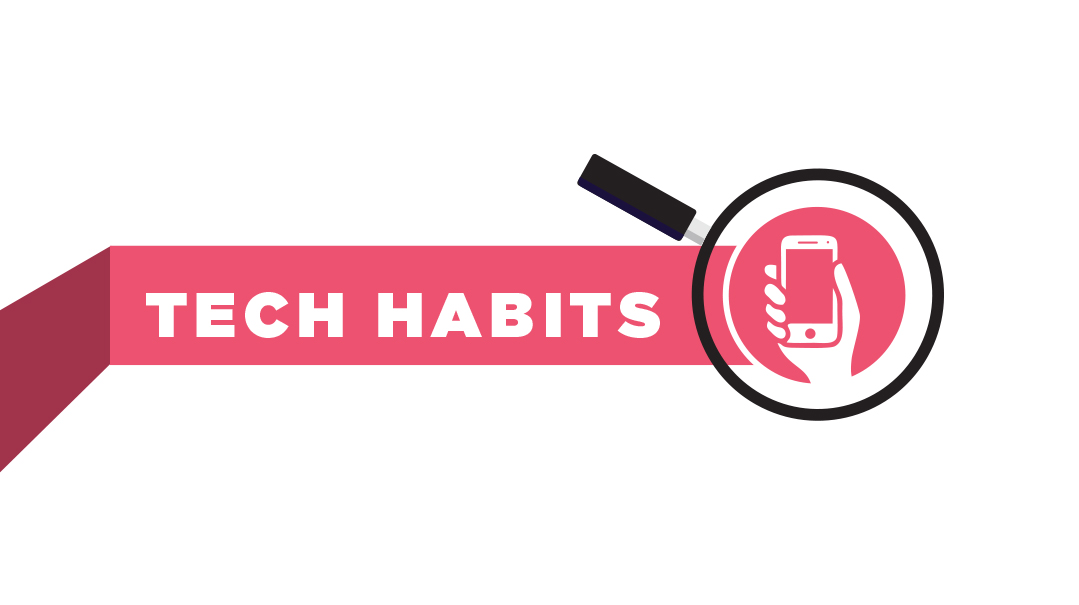
We make our poorest food choices when we’re hungry. Send me into a supermarket with an appetite and I’ll return with potato chips, cakes, cookies, and an unusual amount of pickles. I’m stunned, almost offended, when my wife asks after my return, “Well, what are we going to eat for dinner?” Pickles and potato chips felt reasonable in the store, but my wife is right — they’re not a meal.
Before this pandemic, I think a lot of us — myself included — looked at the online world with the same eyes as a famished shopper in the grocery store. Can’t we just solve this over email? Let’s just Facetime. But now we live in a world where virtual is our only option and it’s starting to feel like our grocery cart is filled with just pickles and chips.
How will this period impact our future relationship with technology? I think the past months have given us a very quick and very intense tutorial on the advantages and disadvantages of technology. Going forward, I think we will appreciate it for what it is: a tool.
As some readers may quietly know, I am fairly active on social media. In my capacity as Director of Education for NCSY, it is an invaluable outreach tool. I have about a million engagements a month according to the analytics. Oftentimes — maybe with a tinge of cynicism or even jealousy — friends of mine in education ask me about online presence. Is it really appropriate? Is it necessary? Is it really helping?
My answer is two-fold. Yes, technology has incredible power. I have been able to share ideas, inspiration (and some narishkeit) with an entirely new audience. But, I explain to my educator friends, online relationships are not the same as the ones you form. I have several thousand followers and millions of engagements, but unless we connect in person I am not invited to any weddings or Bar Mitzvahs. I’m not a part of their life in that way. Recognizing that difference is crucial.
Zoom classes are nice. I miss the culture that is created in a classroom. Pre-Shabbos video gatherings can be uplifting. I miss our hashkamah minyan. Massive virtual gatherings —with roshei yeshivah, chief rabbis, and inspiring speeches — will never replace thirty people sitting around a table for a shiur. When this is over, I am not worried that our virtual connections will become the norm — because with all the virtual now I am still starving for real relationships.
Online engagement is empty calories. That doesn’t mean I don’t enjoy chips and cookies, but it means I don’t mistake them for dinner. During this pandemic we’ve all been forced to sustain ourselves with the snack equivalent of relationships. But at the end of my day, I go to bed feeling empty. The honesty and authenticity of human interaction, we’ve been forced to discover, cannot be replaced.
Of course, I plan to remain online as will much of the world. By and large the internet is here to stay, as a tool for commerce, planning, and wide-scale engagement. There’s never been a time like now to drive home its importance. I am certainly not minimizing that. But we have also discovered what cannot be replaced. All of the virtual concerts, meetups, calls to family are so wonderful and appreciated. But when we hang up, we’re still hungry.
Going forward, I think we will spend more time appreciating the main dish of personal connection.
(Originally featured in Mishpacha, Issue 810)
Oops! We could not locate your form.

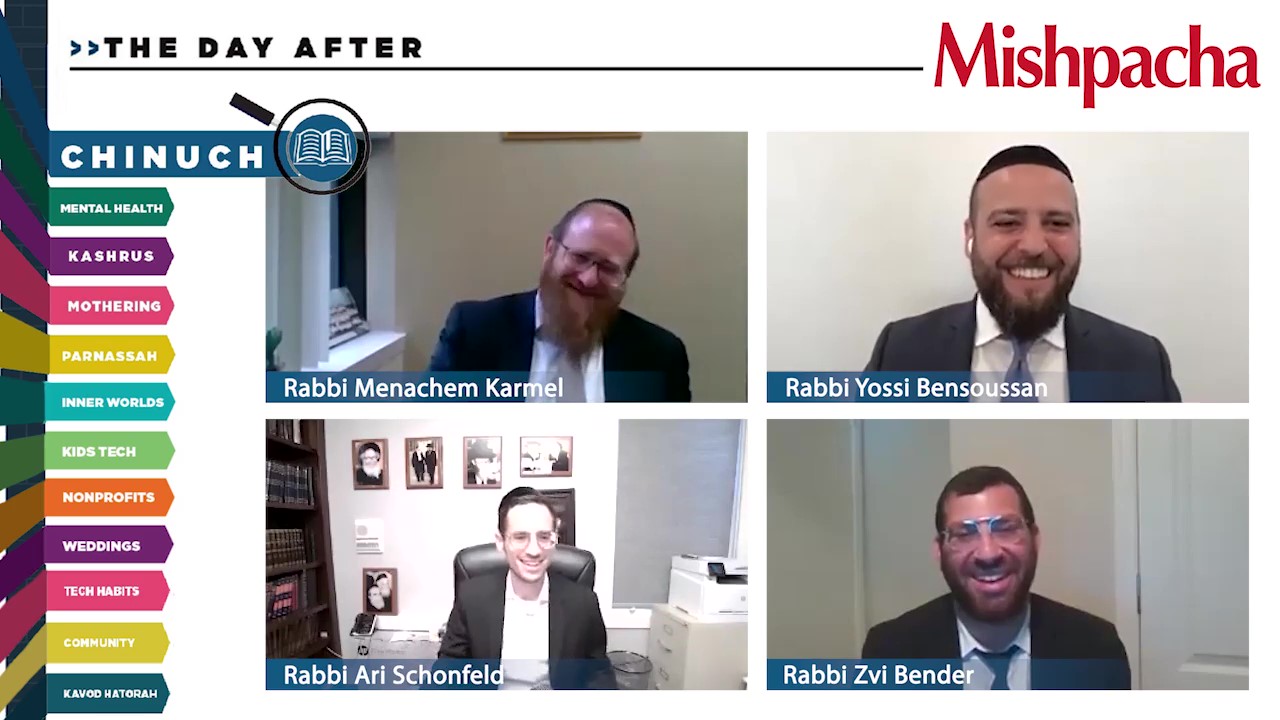
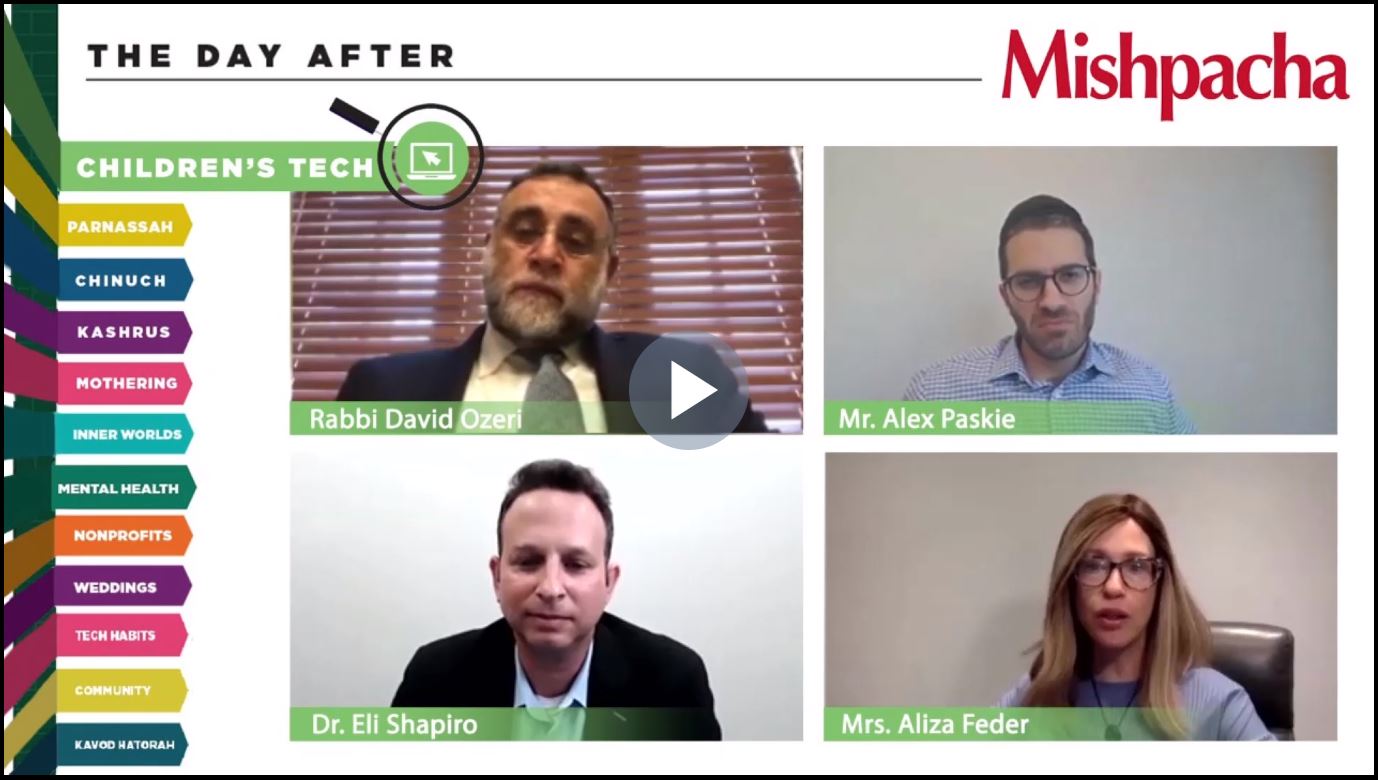
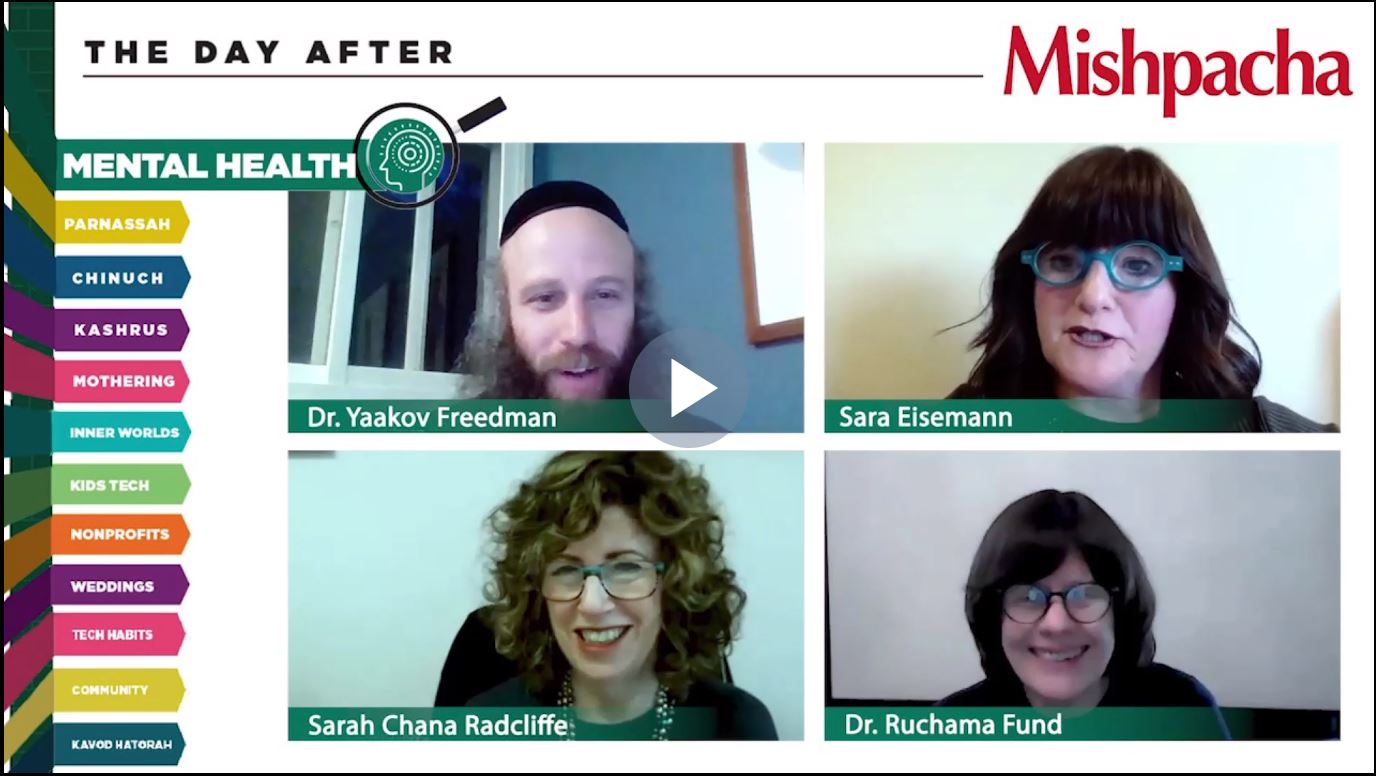
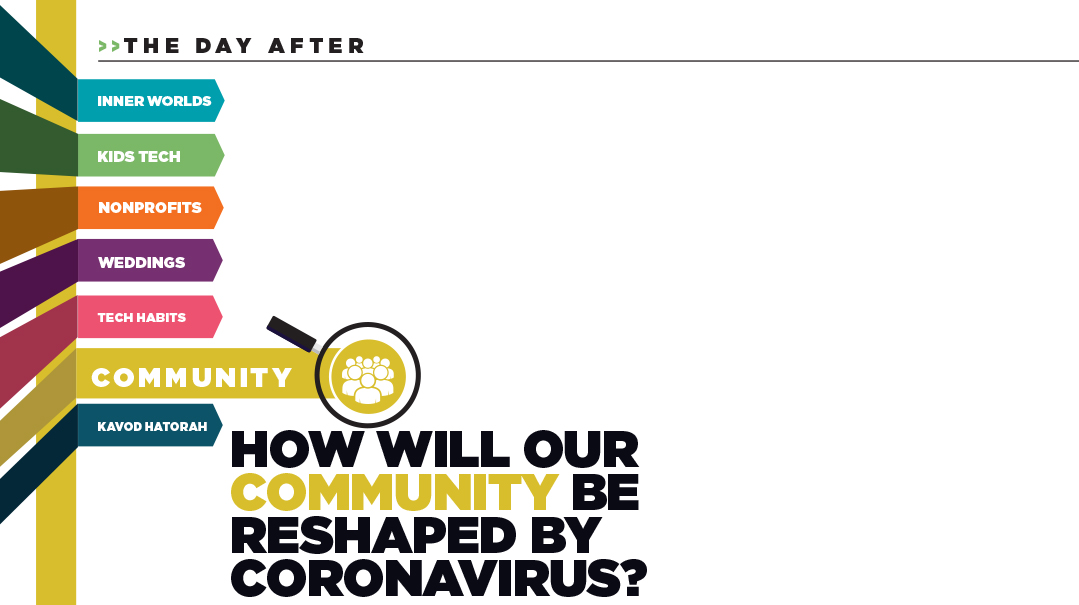
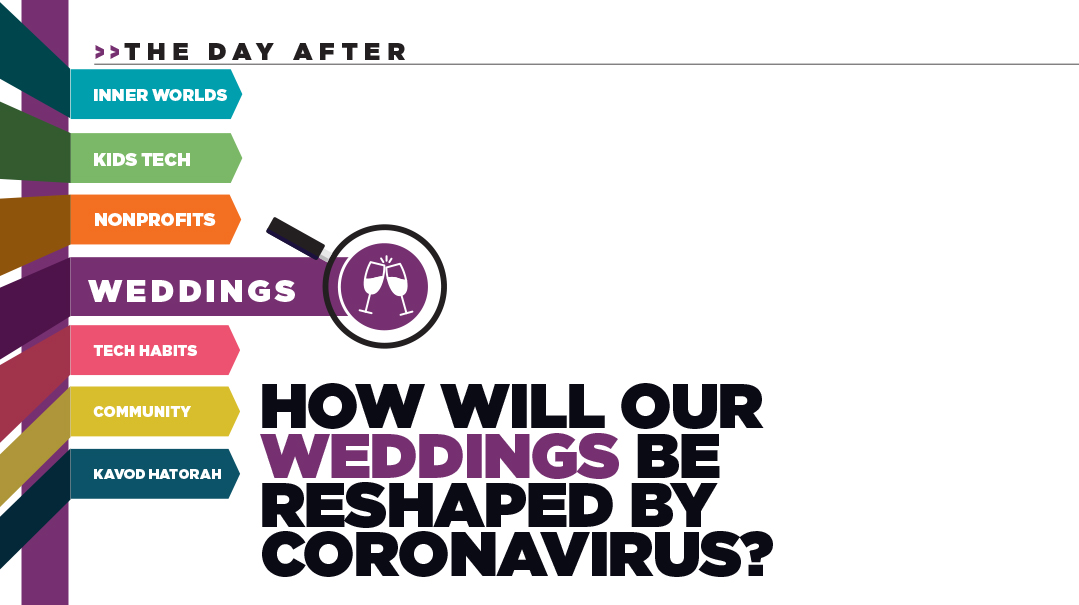
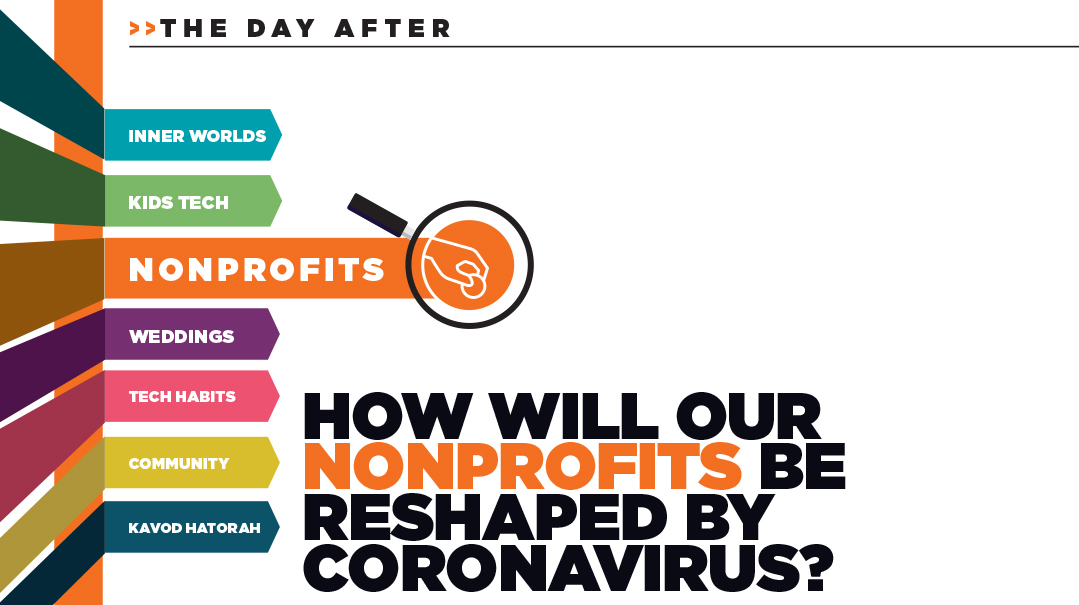

Comments (0)